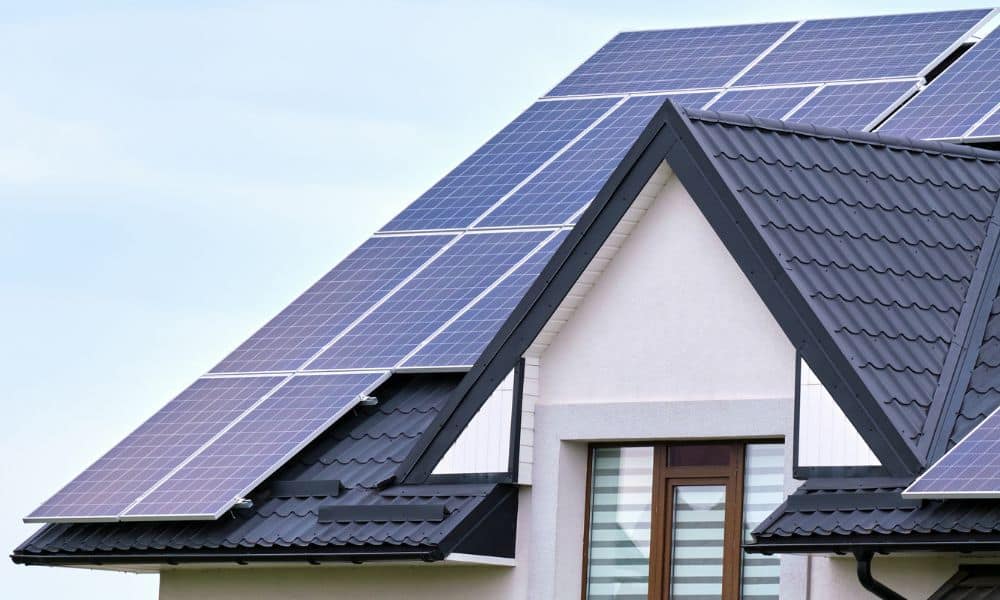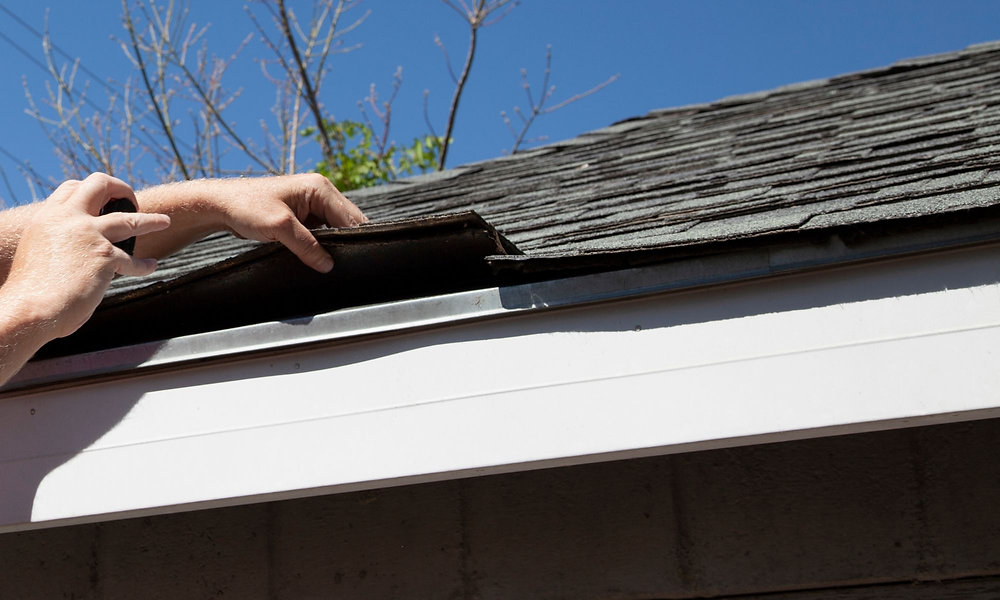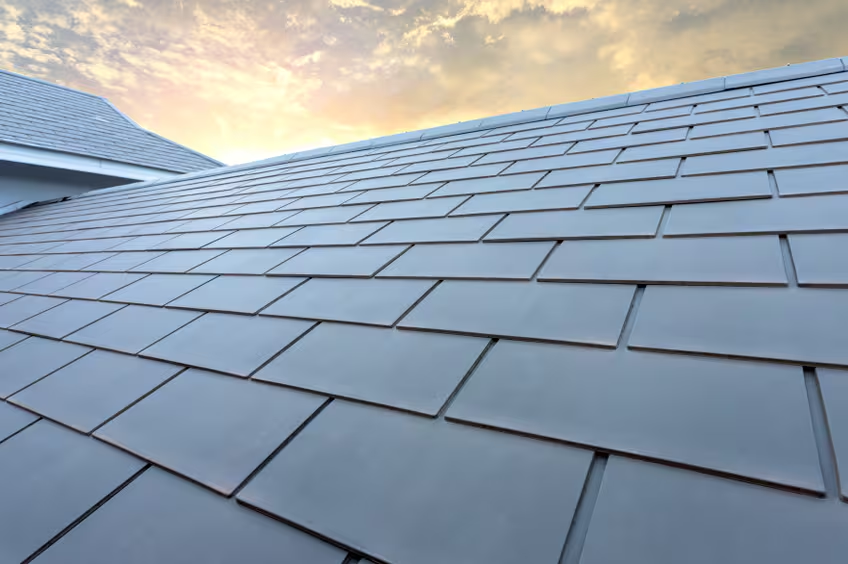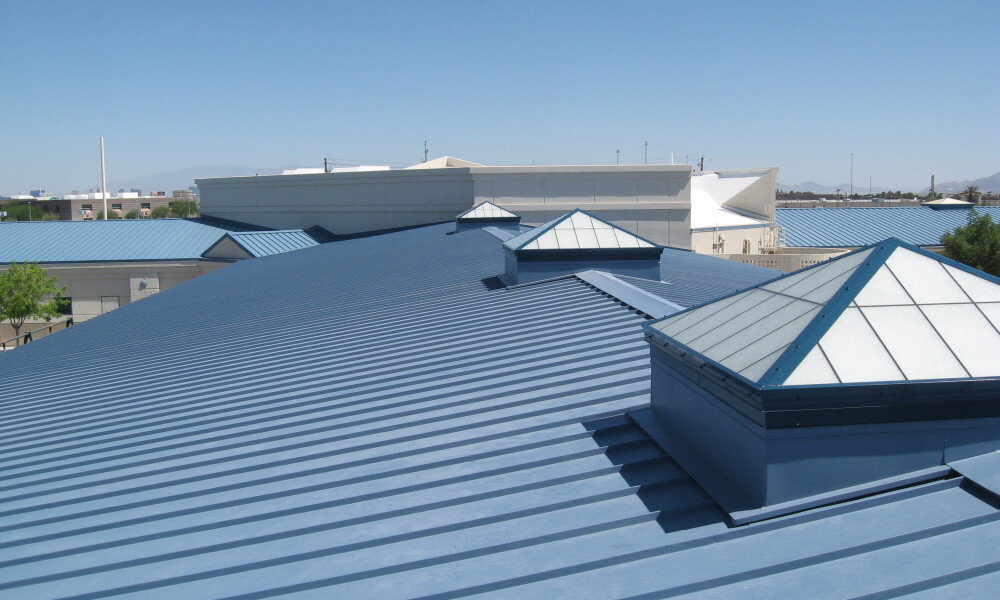Solar roof tiles are becoming a popular option for homeowners who want to save money on their energy bills and reduce their carbon footprint. These tiles look like traditional roofing tiles but are designed to capture the sun’s energy and convert it into electricity. But like any other technology, solar roof tiles have their advantages and disadvantages. In this article, we will explore the pros and cons of solar roof tiles to help you decide if it’s time to switch to this renewable energy source.
Pros of Solar Roof Tiles
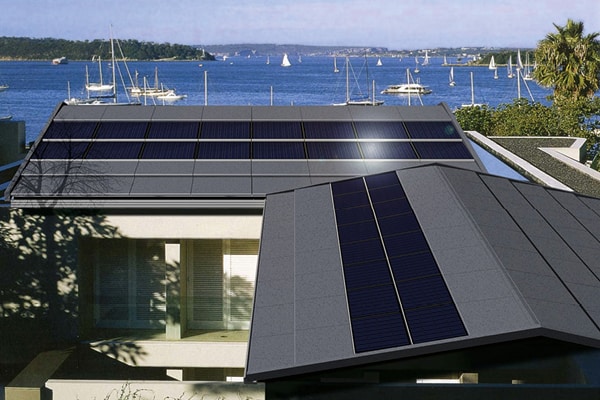
- Lower Energy Bills: Solar roof tiles can significantly reduce your monthly energy bills. By harnessing the power of the sun, you can generate your own electricity and reduce your dependence on the grid.
- Eco-Friendly: Solar roof tiles are a renewable energy source that produces clean energy and reduces your carbon footprint. By using solar roof tiles, you are helping to reduce greenhouse gas emissions and fight climate change.
- Increased Home Value: Solar roof tiles can increase the value of your home. Homebuyers are increasingly looking for homes with sustainable features, and solar roof tiles can make your home more attractive to potential buyers.
- Long Lifespan: Solar roof tiles are designed to last for decades, with many manufacturers offering warranties of up to 25 years. This means that you can enjoy the benefits of solar energy for many years to come.
- Tax Incentives: In some states, homeowners who install solar roof tiles are eligible for tax incentives and rebates. These incentives can help offset the initial cost of installation.
Cons of Solar Roof Tiles
- High Initial Cost: Solar roof tiles can be expensive to install, with costs ranging from $10,000 to $30,000 or more depending on the size of your roof and the complexity of the installation.
- Weather Dependence: Solar roof tiles rely on sunlight to generate electricity. This means that their effectiveness can be reduced on cloudy days or during periods of low sunlight.
- Installation Complexity: Installing solar roof tiles requires specialized knowledge and expertise. It is important to choose a reputable installer to ensure that the tiles are installed correctly and safely.
- Roof Compatibility: Solar roof tiles may not be compatible with all types of roofs. If your roof is too old or too damaged, it may need to be replaced before solar roof tiles can be installed.
- Maintenance: Solar roof tiles require regular maintenance to ensure that they are functioning properly. This can include cleaning the tiles and monitoring their performance.
Is it Time to Switch to Solar Roof Tiles?
Ultimately, the decision to switch to solar roof tiles depends on your individual circumstances. If you live in an area with abundant sunlight, have a compatible roof, and can afford the initial cost of installation, solar roof tiles can be a smart investment that will help you save money on your energy bills and reduce your carbon footprint. However, if you live in an area with limited sunlight or have an incompatible roof, it may not be the best option for you.
It is important to do your research and work with a reputable installer to ensure that you are making an informed decision about whether or not to switch to solar roof tiles. With the right information and expertise, solar roof tiles can be a smart and sustainable addition to your home.


